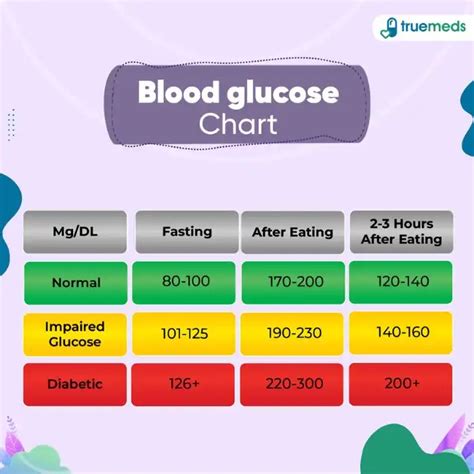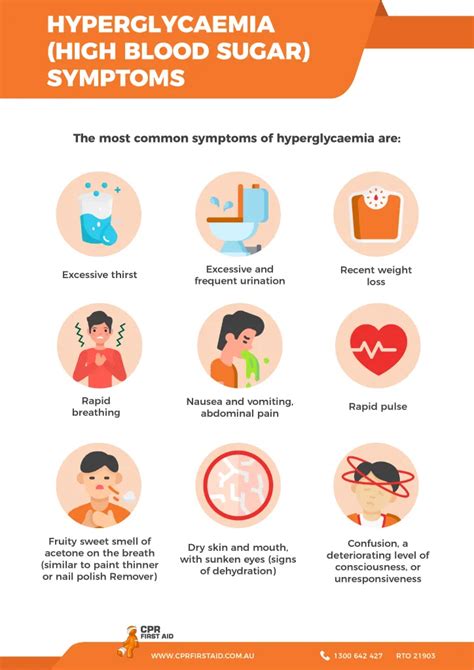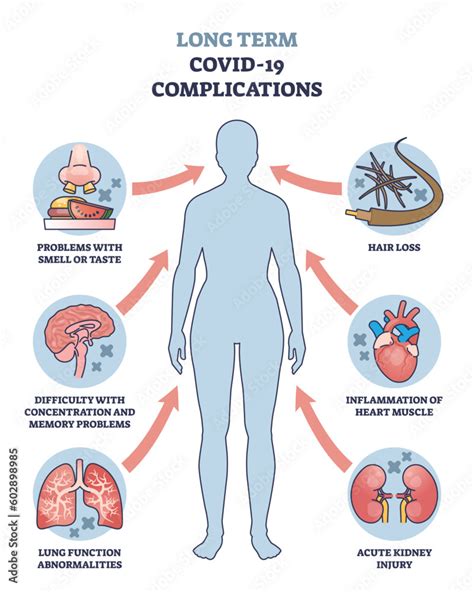Intro
Maintaining healthy blood sugar levels is crucial for overall well-being, and understanding what different levels mean can be life-saving. A blood sugar level of 400 is significantly higher than the normal range and can indicate a serious health issue. In this article, we'll delve into what a blood sugar level of 400 means, its causes, symptoms, and the necessary steps to take.
High blood sugar, also known as hyperglycemia, occurs when the body has too much glucose in the bloodstream. Normally, the pancreas produces insulin, a hormone that helps regulate blood sugar levels by facilitating glucose uptake in cells. However, when the body either doesn't produce enough insulin or becomes resistant to it, blood sugar levels can skyrocket.

Understanding Blood Sugar Levels
Before we dive into the specifics of a blood sugar level of 400, let's quickly review the normal ranges:
- Fasting blood sugar (before eating): 70-99 mg/dL
- Postprandial blood sugar (after eating): Less than 140 mg/dL
- Random blood sugar: Less than 140 mg/dL
A blood sugar level of 400 is more than four times the upper limit of the normal range. This can be a sign of an underlying condition, such as diabetes, or another health issue.
Causes of High Blood Sugar
Several factors can contribute to high blood sugar levels:
- Diabetes: Type 1, Type 2, or gestational diabetes can all cause high blood sugar.
- Pancreatitis: Inflammation of the pancreas can impair insulin production.
- Certain medications: Steroids, certain psychiatric medications, and some blood pressure medications can raise blood sugar levels.
- Obesity: Excess weight, particularly around the abdominal area, can lead to insulin resistance.
- Physical inactivity: A sedentary lifestyle can contribute to insulin resistance.
- Stress: Chronic stress can raise blood sugar levels.
Symptoms of High Blood Sugar
If your blood sugar level is 400, you may experience some or all of the following symptoms:
- Increased thirst and hunger
- Fatigue
- Blurred vision
- Cuts or wounds that are slow to heal
- Tingling or numbness in the hands and feet
- Frequent urination
- Yeast infections

What to Do If Your Blood Sugar Level Is 400
If your blood sugar level is 400, it's essential to take immediate action:
- Stay calm: High blood sugar levels can be managed, but it's crucial to remain calm and think clearly.
- Hydrate: Drink plenty of water to help flush out excess glucose.
- Take medication: If you're taking diabetes medication, follow your doctor's instructions and take the prescribed dose.
- Monitor your levels: Continue to check your blood sugar levels regularly to ensure they're coming down.
- Seek medical attention: If your blood sugar level remains high or you're experiencing severe symptoms, seek medical attention immediately.
Long-term Complications of High Blood Sugar
If left unmanaged, high blood sugar levels can lead to serious long-term complications, including:
- Kidney damage
- Nerve damage
- Blindness
- Heart disease
- Stroke

Preventing High Blood Sugar
Preventing high blood sugar levels is crucial to maintaining overall health. Here are some tips:
- Maintain a healthy diet: Focus on whole, unprocessed foods like vegetables, fruits, whole grains, and lean proteins.
- Exercise regularly: Aim for at least 150 minutes of moderate-intensity aerobic exercise per week.
- Stay hydrated: Drink plenty of water throughout the day.
- Manage stress: Engage in stress-reducing activities like yoga, meditation, or deep breathing exercises.
Conclusion
A blood sugar level of 400 is a serious health concern that requires immediate attention. By understanding the causes, symptoms, and necessary steps to take, you can manage high blood sugar levels and prevent long-term complications. Remember to stay calm, hydrate, take medication as prescribed, and seek medical attention if necessary. By taking control of your blood sugar levels, you can maintain overall health and well-being.
What is a normal blood sugar level?
+A normal blood sugar level is between 70-99 mg/dL for fasting blood sugar and less than 140 mg/dL for postprandial blood sugar.
What are the symptoms of high blood sugar?
+Symptoms of high blood sugar include increased thirst and hunger, fatigue, blurred vision, and frequent urination.
How can I prevent high blood sugar?
+To prevent high blood sugar, maintain a healthy diet, exercise regularly, stay hydrated, and manage stress.
